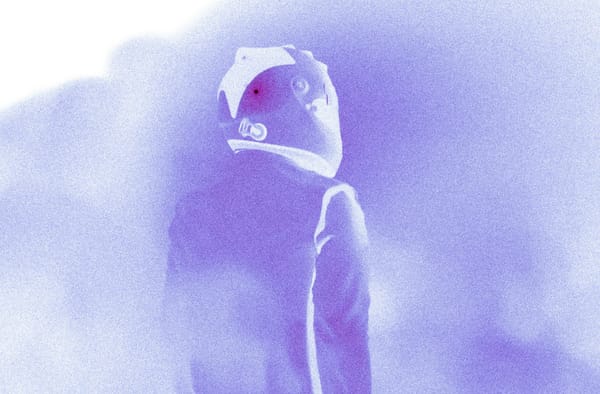Lipoprotein: what is it anyways?

You may have heard of the term lipoprotein. Yes, often used in “your lipoproteins are imbalanced or high.”
So what is a lipoprotein? What is it doing? Why should you care?
The name suggests its purpose. It is a protein used to transport lipids or fat. You may have heard of them being called HDL, LDL, VLDL, and so on.
Fat is insoluble in water. Which is why you cant have fat created by your body simply entering your bloodstream to go where it is required.
Your body, therefore, created a vessel to transport lipids - a lipoprotein. There are seven kinds, classified according to size, the composition of the lipids and apolipoproteins.
Apolipoproteins are what give the vessel shape and structure. They also help create receptors for enzymes and other molecules to attach to the lipid cells.
Lipoproteins are not just passive carriers of fat.
They play an active role in maintaining balance, or homeostasis, in your body.
Each of the seven lipoproteins has a specific role, a specific destination. Think of them as delivery trucks, each tailored to carry a unique cargo.
Chylomicrons are tasked with transporting triglycerides and cholesterol from your diet.
VLDL primarily delivers triglycerides to cells throughout your body. Think of it as the courier for your energy reserves.
IDL helps recycle triglycerides and cholesterol back to the liver or continue their delivery to cells.
LDL is often misunderstood. It carries cholesterol, and excess LDL can lead to deposits in arterial walls, contributing to plaque formation.
But your body needs cholesterol to live.
HDL, a.k.a. good cholesterol, acts as a scavenger. It collects excess cholesterol from your bloodstream and arterial walls and returns it to the liver for recycling or disposal.
Lipoprotein(a) carries an additional protein, apolipoprotein(a), which may interfere with the body’s ability to dissolve blood clots.
ULDL, rarely mentioned, it play a minor role in fat transport but can provide insight into unique metabolic states when studied.
It is only too much of lipoprotein which is a problem. But too much of anything is.
Reach out to me on twitter @rbawri Instagram @riteshbawriofficial and YouTube at www.youtube.com/breatheagain






